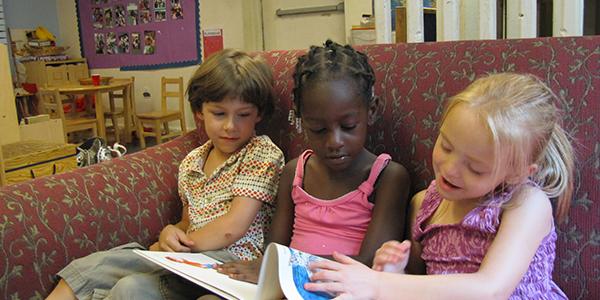DAP: Recommendations for Research

You are here
Much remains to be learned about how to maximize each child’s development and learning. Important areas for further study including the following.
A. Identify which instructional strategies (and other characteristics of early childhood programs) work most effectively for which children under which circumstances.
B. Identify strategies by which educators can recognize and effectively address their implicit biases to provide more equitable learning opportunities for all children.
C. Develop assessment methodologies that fully capture the complexity and diversity of children’s development and learning in authentic, reliable, and valid ways that consider multiple aspects of children’s identities and reflect various cultural ways of learning.
D. Continue to explore various dimensions of young children’s development and learning, teaching quality, dimensions of effective teaching, and the ways in which these play out in different social and cultural contexts. Because the knowledge base is constantly growing, further applied research is needed to revise and refine this definition of developmentally appropriate practice. The research community plays an important role in leading and synthesizing research on child development and learning across multiple social, cultural, and linguistic contexts and across specific educational settings that can both inform and be informed by the practices of early childhood educators.
E. Identify areas of further knowledge needed to help monolingual and multilingual teachers understand how and why to adapt strategies and environments to meet the needs of children who are learning more than one language.